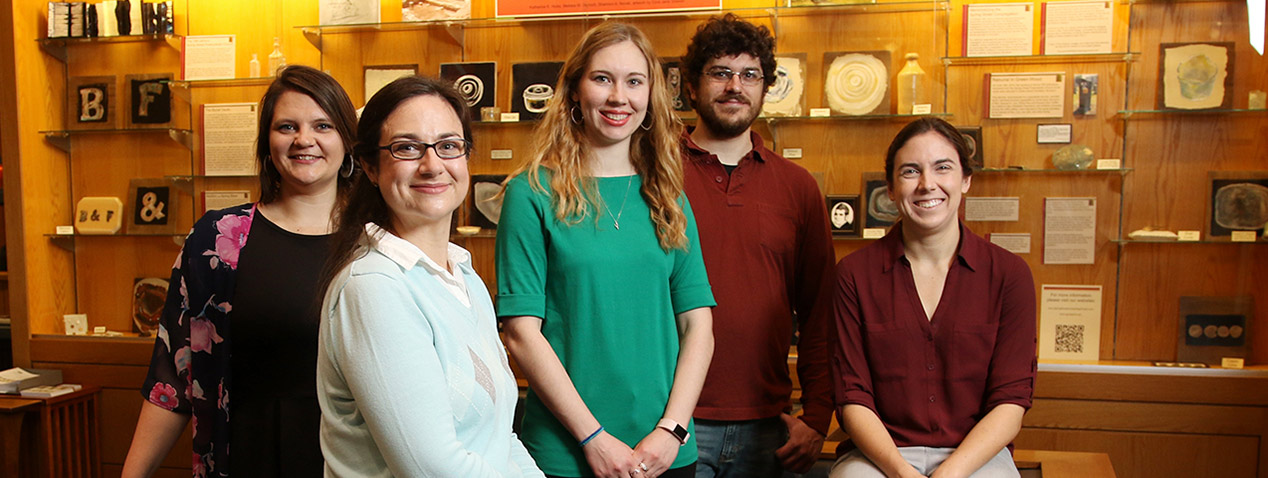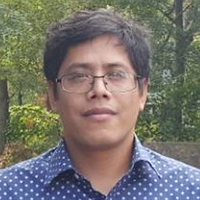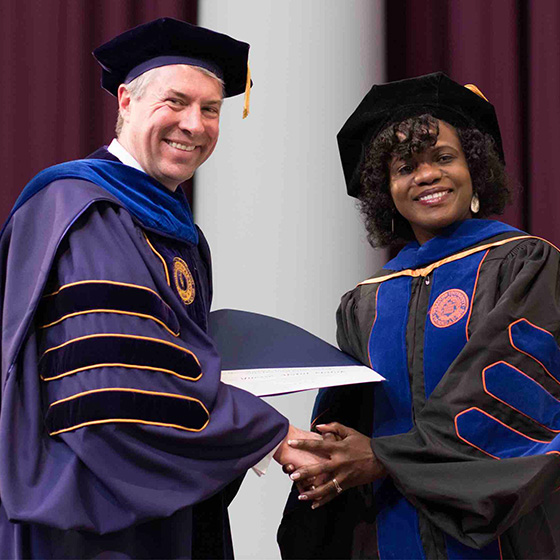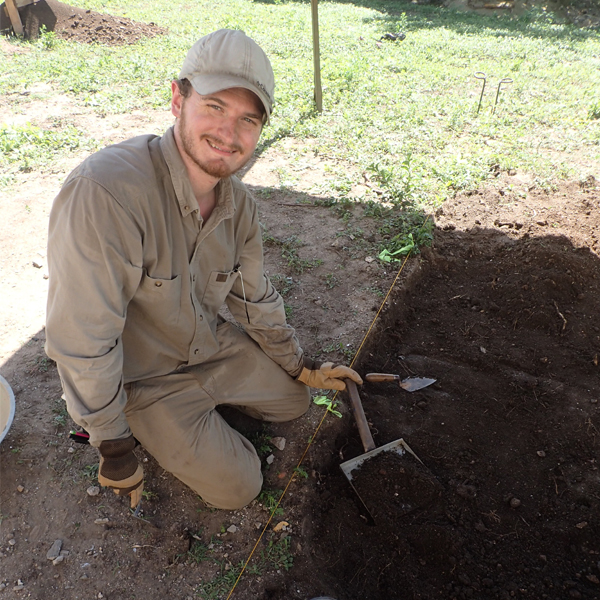Uncover the Human Experience
MA and PhD in Anthropology

Ph.D. Requirements
Please see the course catalog for complete requirements. Ph.D. students must earn 72 graduate credits (past B.A.), including:
- minimum of 33 credits in anthropology,
- maximum of 27 credits in cognate fields,
- maximum of 12 "dissertation" credits,
- completion of core courses (see M.A. requirements in the Course Catalog), and
- a Ph.D. pass on qualifying examinations (see M.A. requirements). Exemptions may be granted on the basis of previous work by petition to the graduate director.
Concurrent Degrees and Certificates
For Complete Courses and Requirements
Master of Arts in Anthropology
Program Overview (30 credits)
Master’s coursework exposes students to the breadth of anthropology. The degree can be earned concurrently with a Certificate of Advanced Study or a second master’s degree, or earned in advance of more narrowly defined scholarly studies and doctoral research topics. Students must take at least five core courses, including a two-course sequence within their subdiscipline, ( ANT 611 - ANT 711 for cultural students; and ANT 641 - ANT 741 for archaeology students) and at least three core courses in other subdisciplines, followed by a qualifying exam in their subdiscipline: either the History of Anthropological Theory and Ethnology OR Archaeological Method and Theory. Students who do not continue beyond the master’s level are required to submit a master’s paper, which is a significant piece of work on a subject of the student’s choosing, and approved by the advisor.
History of Anthropological Theory
This course introduces main theoretical approaches to the study of the origin and development of society and culture. Topics include cultural evolutionists, functionalists, diffusionists, structuralists and historicists.
Method and Theory in Biological Anthropology
Students will learn mechanisms of human adaptation to environmental stress, emphasizing human variation. Other topics include cultural and biological modes of adaptation, paradigmatic and methodological issues, with special emphasis on biocultural and contemporary approaches.
Anthropological Archaeology
Methodology and theory in prehistoric archaeology. Topics include the development of archaeological theory, design and execution of research, and application of archaeology to solving problems in culture change and development.
Language, Culture and Society
This course is a cross-cultural survey of the role of language in culture and society, including cognition and language usage along the dimensions of class, gender, race, ethnicity and social status.
Current Anthropological Theory
Theoretical issues of the past two decades are the focus of this course. These include feminism and anthropology, reflexive and interpretive ethnography, sociobiology versus culturology, and Marxist anthropology.
Archaeological Theory
This is an in-depth examination of contemporary theory in archaeology and application to archaeological research. While focusing on processual approach, the course will examine critical, post-processual, structural and symbolic archaeology.
Certificates of Advanced Study
are available for qualifying graduates in women and gender studies, conflict resolution, post-conflict reconstruction, NGO management, environmental decision-making, security studies, South Asia studies, Latin American and Caribbean studies, Middle East affairs, Europe and the EU, and more.
Meet Our Doctoral Students


Oluseyi Agbelusi
African archaeology, the African diaspora, culture contact and change, colonialism, cultural heritage law, and archaeological conservation

Mariel Rivera
Medical anthropology with a specific focus on reproductive health

Dana Olesch
Historical archaeology of urban spaces; structural and cultural violence in urban spaces

Julia McDaniel-Bouley
Cultural anthropology; Congolese and Somali refugee maternal health during displacement; and power, transnationalism, political economy and reproductive health policy

Ajaya Mali
Religion and politics, participatory government and conservation strategies
Looking for Ph.D. dissertations?
Explore Your Research Interests
With a low graduate student-to-faculty ratio and a small entering Ph.D. class, students will be immersed in a research culture of close collaboration.

Graduate students will conduct meaningful research alongside faculty mentors or through Maxwell’s 15 research centers, including:
Funding Opportunities
Most graduate students in the Department of Anthropology have received full or partial funding in the form of fellowships, graduate assistantships, scholarships, research grants and other funding from the department, Graduate School, Maxwell Dean’s Office, and an array of topical and regional research centers and institutes.
University Fellowships
Graduate Assistantships
The University offers nine-month teaching assistantships up to two years for M.A. students and four years for Ph.D. students. For the 2022-23 academic year, they are valued at $11,375 per semester, plus tuition; there are also occasionally full-tuition scholarships available for qualified graduate students.
South Asia Center / U.S. Department of Education
U.S. citizens interested in studying South Asia are eligible for National Resource Fellowships through the South Asia Center. In 2022-23, South Asia fellowships are expected to provide a stipend of $15,000, plus tuition for 24 credit hours. Fellowships to study language in South Asia during the summers are also available through the South Asia Center.
Claudia DeLys Scholarship in Cultural Anthropology
The Claudia DeLys Scholarship in Cultural Anthropology is an endowed fund that provides support for field research leading to the Ph.D. degree, dissertation writing and pre-dissertation field work. Two or three awards are made annually.
Future Professoriate Program
The Future Professoriate Program (FPP) aims to foster a sense of community among graduate students while allowing them to hone skills related to teaching, research and professional identity development. The purpose of the FPP is to help graduate students develop professionally by means of workshops, annual in-house conferences and a mentored independent teaching experience. Students who complete these activities and produce a teaching portfolio can receive the University’s Certificate in University Teaching. These endeavors are seen as complements to the training in scholarship and teaching that are regular parts of graduate education.


An ‘Extraordinary Opportunity’
Matthew O’Leary, an anthropology doctoral candidate, joined a team led by Professor Christopher DeCorse in the excavation of what’s believed to be the first English outpost in Africa.